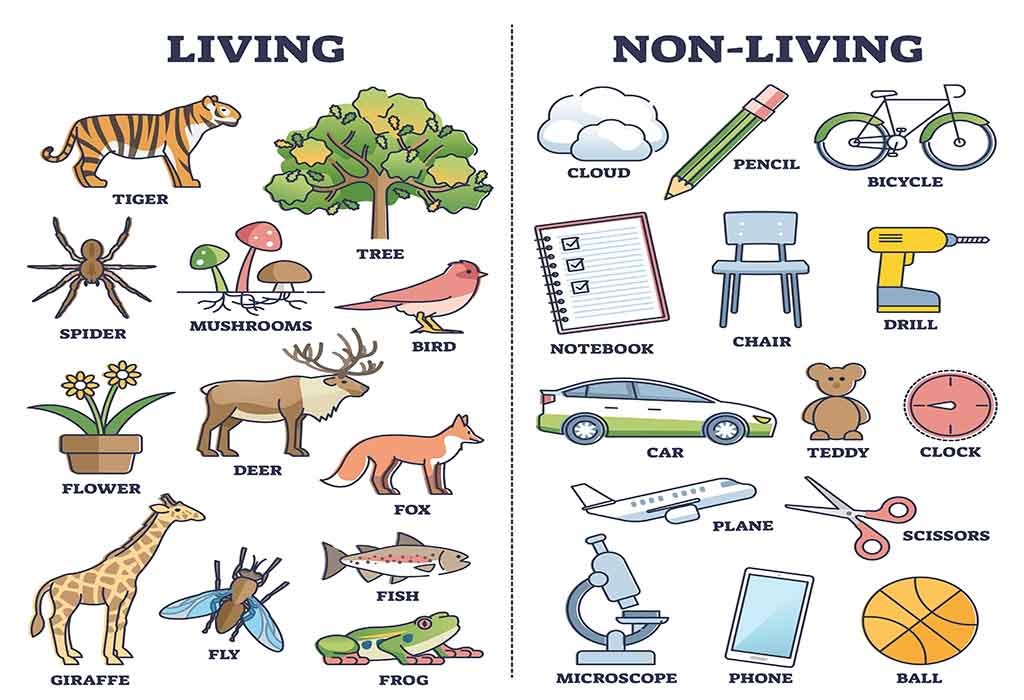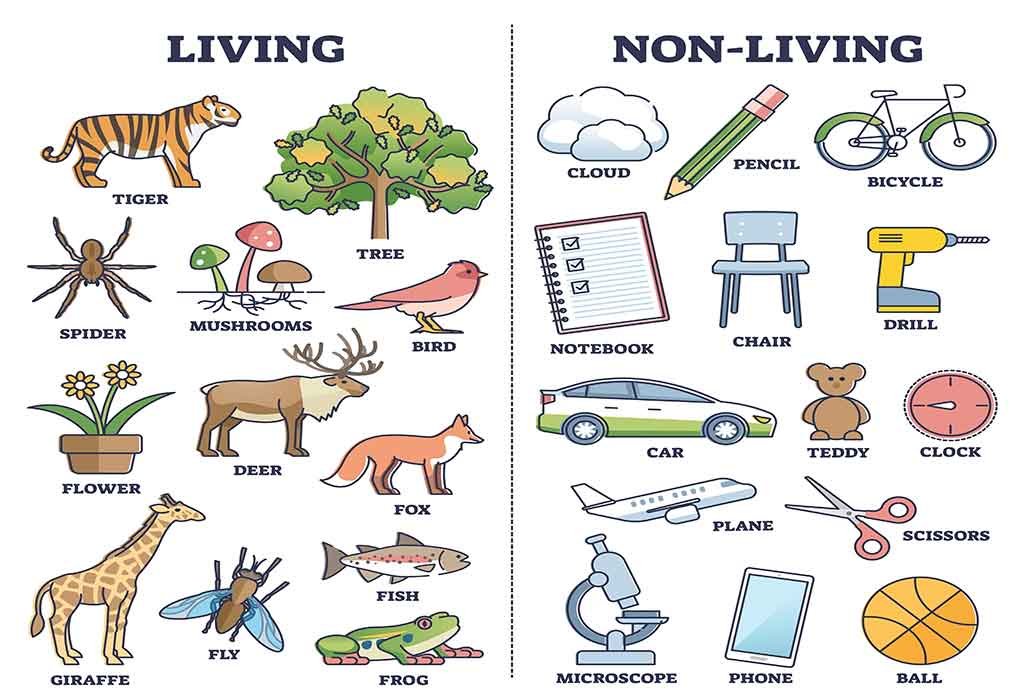Scouting is a practice that plays a significant role in a variety of fields, from sports to business and even military operations. It involves the careful observation, analysis, and identification of talent, resources, or opportunities that can be leveraged for success. Whether it’s a sports scout identifying the next star athlete or a business scout searching for new market trends, scouting helps ensure that the right people or opportunities are recognized early on. The process is both art and science, blending keen observation with data-driven analysis. This article will explore the basics of scouting, its importance in sports and other fields, and how it has evolved over time.
What is Scouting?
Scouting refers to the act of searching for talent, resources, or opportunities, often in a systematic manner. While the term is most commonly associated with sports, it is used in many other fields, such as business, education, and even the military. In its most basic form, scouting is about identifying potential that might otherwise go unnoticed. In sports, scouts observe athletes, evaluate their abilities, and decide whether they could contribute to a team. In business, scouts often look for new markets, investment opportunities, or emerging trends that could benefit a company.
Historically, scouting began as a way to gather information, particularly for military and exploration purposes. Over time, it became more organized and specialized, with scouts becoming highly trained professionals. Today, scouting is a critical part of many industries, influencing decisions that shape teams, companies, and even entire economies.
Scouting in Sports
Scouting in sports is perhaps the most well-known application of this practice. Coaches, managers, and team owners rely on scouts to find new talent that can improve their teams. In professional sports like football, basketball, and baseball, scouts often travel around the country, attending games and tournaments to assess the skills of potential players. These scouts are tasked with evaluating athletic ability, but they also look at the player’s attitude, work ethic, and ability to fit into a team culture.
In team sports, scouts are responsible for identifying athletes who can make an impact in specific positions or roles. They may look for speed, strength, skill, or intelligence on the field, but they also focus on intangible qualities such as leadership and the ability to work under pressure. Their role is not just to find the best players but to find the right players who will complement the existing team structure.
The role of scouting in sports has grown increasingly sophisticated with advancements in technology. Modern scouts use video analysis, advanced statistics, and data modeling to make more informed decisions. What was once a job based on instinct and gut feeling is now much more data-driven, offering scouts an even more detailed picture of a player’s potential.
Scouting in Other Fields
While scouting is most commonly associated with sports, it plays a crucial role in many other industries. In business, for example, scouting can involve identifying emerging markets, finding promising startups, or discovering new business partners. Market scouts are responsible for researching consumer trends, competitor activity, and potential investment opportunities. Their findings can influence major business decisions, such as product launches, mergers, or acquisitions.
In the military, scouting takes on a more tactical role. Scouts are responsible for gathering intelligence about enemy movements, terrain, and resources. This information is crucial for making strategic decisions during warfare. Similarly, in fields like education, talent scouts may identify promising students who have the potential for academic or extracurricular success.
In every field, scouting provides valuable insights that allow individuals or organizations to make better decisions. Whether identifying the next big sports star, the next successful business venture, or the next military strategy, scouts play a critical role in shaping outcomes.
Key Elements of Effective Scouting
Effective scouting requires a combination of skills, including keen observation, analytical thinking, and communication. A successful scout must be able to see beyond the surface and assess potential that others might miss. In sports, for example, a scout needs to not only evaluate physical skills but also understand how a player might fit into a team and contribute to its success. This requires an understanding of both the game and the dynamics of teamwork.
Scouts also need to be able to gather and report information in a clear, actionable way. This often involves writing detailed reports that summarize their observations and provide recommendations. These reports are then used by coaches, managers, or business leaders to make important decisions.
Building relationships is another key element of effective scouting. Whether it’s connecting with players, coaches, or industry professionals, strong relationships help scouts gather the information they need and ensure that their assessments are taken seriously. Networking is an essential part of the scouting process, particularly in industries like sports and business where word-of-mouth and reputation matter.
The Role of Technology in Modern Scouting
In recent years, technology has revolutionized the way scouting is done. In sports, video analysis has become an invaluable tool for scouts. High-definition footage allows them to break down a player’s performance in ways that were previously impossible. Advanced statistics, such as player efficiency ratings, win shares, and other metrics, offer deeper insights into player performance. These data points help scouts assess talent with greater precision and make more informed decisions.
The rise of artificial intelligence and machine learning has also influenced scouting. Predictive analytics are now used to project how players will perform in the future, helping scouts identify rising stars before they hit the mainstream. In business, technology has made market research faster and more accurate. Data scraping tools allow scouts to monitor trends across various platforms, while social media analysis can reveal consumer sentiments and emerging markets.
Technology has made scouting more efficient, but it has also introduced new challenges. With the vast amount of data available, it can be difficult to separate valuable information from noise. As a result, scouts must learn to balance traditional observational techniques with modern technological tools.
Challenges in Scouting
While scouting is a rewarding and crucial profession, it is not without its challenges. One of the primary difficulties is dealing with incomplete or biased information. Scouts often have to make decisions based on limited data, and there is always a risk of missing key information that could influence their conclusions.
Bias is another challenge. Human scouts are naturally influenced by their own preferences or preconceived notions, which can lead to errors in judgment. For example, a scout might focus on a player’s physical appearance or past performance, rather than considering other factors like work ethic or mental toughness. Overcoming these biases requires a high level of self-awareness and discipline.
The evolving landscape of scouting, with the increasing reliance on technology, also presents challenges. While data analysis is incredibly valuable, it can sometimes overshadow the human element of scouting. The challenge is to find a balance between technology and the personal judgment that scouts bring to the table.
Becoming a Successful Scout
For anyone interested in becoming a scout, there are several key steps to take. First, aspiring scouts need to develop a deep understanding of the field in which they want to work. In sports, this means having a strong knowledge of the game and its intricacies. In business or other fields, it means keeping up to date with trends and innovations that might impact the industry.
Training and experience are also crucial. Many scouts begin by working in lower-level positions, such as assistant coaches or analysts, before moving up the ranks. Networking is equally important, as successful scouts often find opportunities through relationships with key players, coaches, or industry professionals.
Ultimately, the most successful scouts are those who have a passion for their field, a commitment to learning, and the ability to make informed decisions based on both data and observation.
Conclusion
Scouting plays a vital role in many fields, from identifying the next sports star to discovering emerging business opportunities. It requires a unique combination of observation, analysis, and relationship-building skills, as well as a deep understanding of the field in which a scout works. The rise of technology has revolutionized the way scouting is done, but the core principles of identifying potential and making informed decisions remain the same. Whether you’re considering a career in scouting or simply interested in learning more about this important practice, understanding its role can give you valuable insights into how talent is discovered and opportunities are seized.











